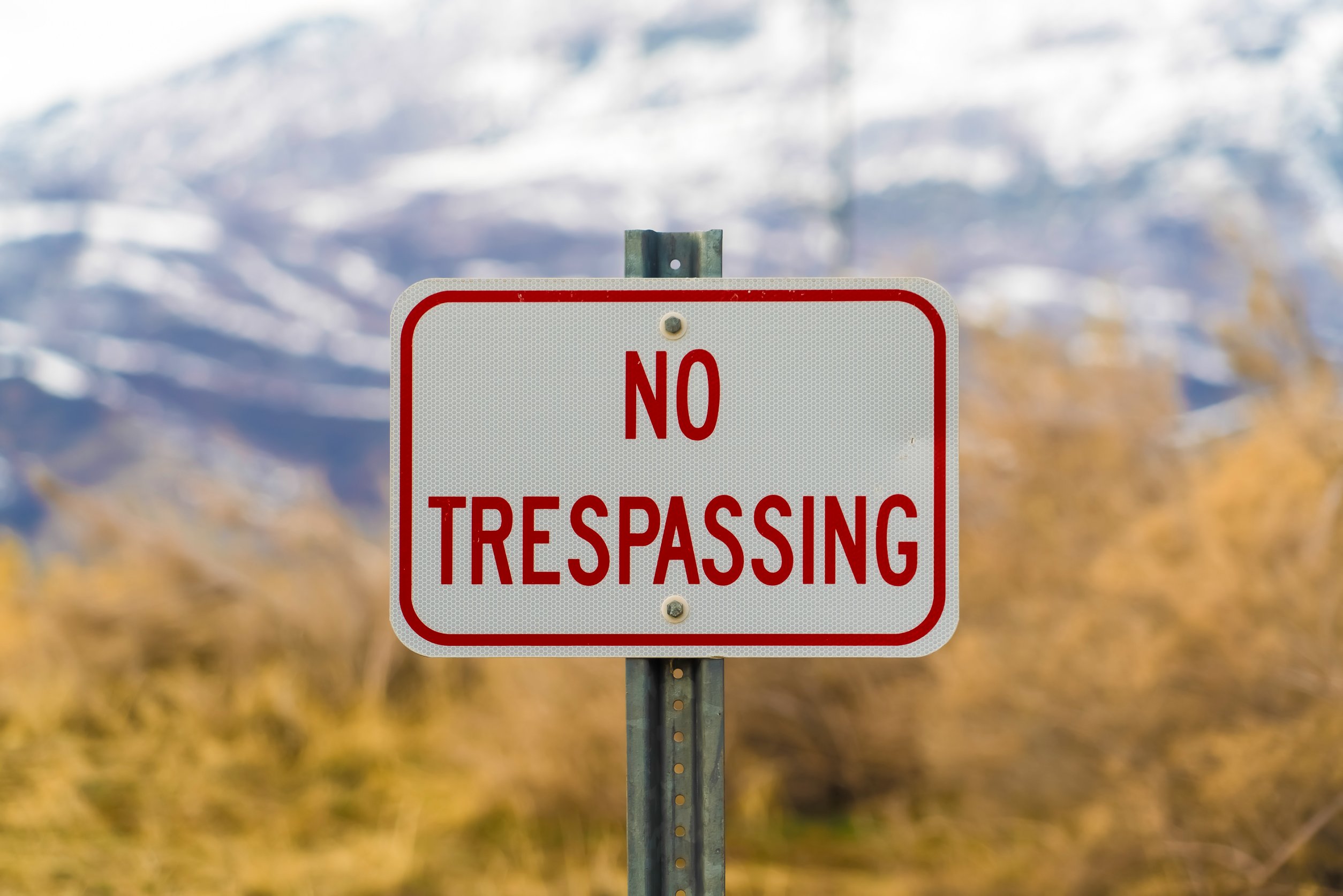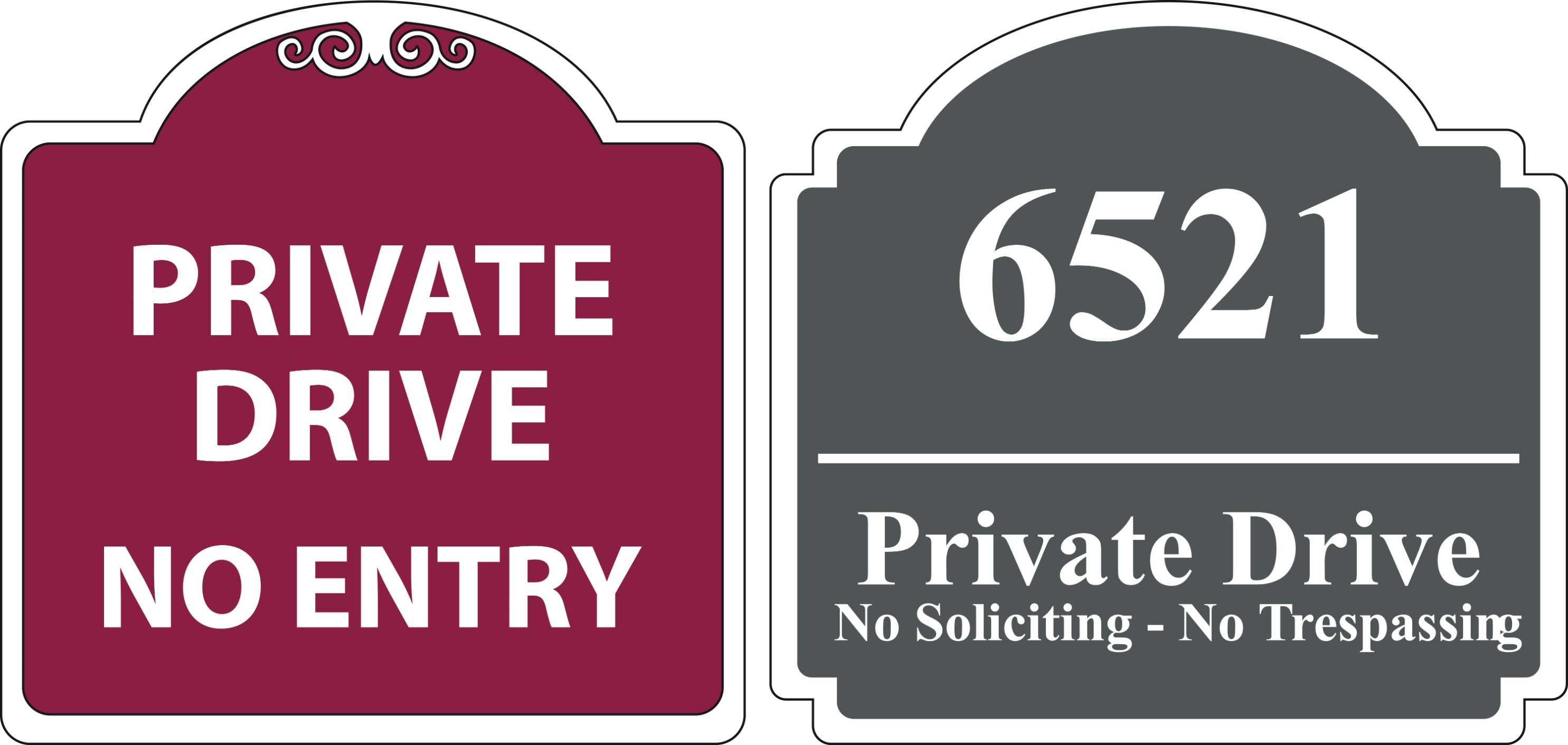You may see no loitering signs when you visit a store or spend time near city buildings or parks. But, while these are pretty commonplace, the word loitering isn't even one that most people use in daily conversation.
So, it's natural to have questions about what no loitering means. However, there are no loitering laws almost anywhere you go. Because they are common, knowing more about them is essential if you want to follow the rules and not end up with citations.
You may also want to know more about loitering laws and loitering ordinance codes in your area if you find yourself dealing with nuisance or criminal activity around your home or business.
This guide will teach you more about the meaning of anti-loitering laws, the legal definition of loitering, and some information on no-loitering signs.
The "No Loitering" Meaning
The term "no loitering" is a bit complex. Overall, loitering is challenging to pin down. Still, the overall definition is spending time somewhere that you're unwelcome for an extended period of time. But, as this is rather broad, most loitering laws will have more specific definitions about where people can be in relation to business or public property.
No loitering laws are often enforced in public spaces like parking lots or outside of a convenience store and public parks. However, it's hard to give one definition for these regulations as they are usually determined by state law or even city law.
Why Is Loitering Illegal?
The reasoning behind anti-loitering ordinances is to reduce crime. While hanging out somewhere might not be criminal behavior, the intent is to discourage illegal activity and criminal intent. Police officers are the ones who enforce these laws.
The general idea is that if people hang around public space for no apparent reason, there could be criminal intent, such as drug dealing or harassment.
But, as people may be waiting around a public space for a specific or lawful purpose, there is a fine line between loitering and legal behavior. In most cases, loitering laws aren't enforced unless there are particular rules someone is breaking, like being in a public park after it closes.
Is Loitering Always Illegal?
The answer to this question is no. As with most laws that try to balance the First Amendment rights of one person with the rights of another, these codes can have somewhat vague or tricky language.
But, if anyone near your parking lot, business, or home is doing anything illegal besides just standing around, you should call a police officer. As far as loitering ordinances go, it varies significantly regarding what is considered loitering.
What Happens If You're Caught Loitering?
This concern is another difficult question to answer with one blanket statement. Most likely, the punishments for loitering will depend on your city or county. You'll want to check out the loitering ordinances. Some might enforce community service if you break the law, and you may have to serve jail time if you are a repeat offender.
What Does No Loitering Mean To A Residential Home?

The reasoning behind anti-loitering ordinances is to reduce crime. While hanging out somewhere might not be criminal behavior, the intent is to discourage illegal activity and criminal intent. Police officers are the ones who enforce these laws.
The general idea is that if people hang around public space for no apparent reason, there could be criminal intent, such as drug dealing or harassment.
But, as people may be waiting around a public space for a specific or lawful purpose, there is a fine line between loitering and legal behavior. In most cases, loitering laws aren't enforced unless there are particular rules someone is breaking, like being in a public park after it closes.
Is Loitering Always Illegal?
The answer to this question is no. As with most laws that try to balance the First Amendment rights of one person with the rights of another, these codes can have somewhat vague or tricky language.
But, if anyone near your parking lot, business, or home is doing anything illegal besides just standing around, you should call a police officer. As far as loitering ordinances go, it varies significantly regarding what is considered loitering.
What Happens If You're Caught Loitering?
This concern is another difficult question to answer with one blanket statement. Most likely, the punishments for loitering will depend on your city or county. You'll want to check out the loitering ordinances. Some might enforce community service if you break the law, and you may have to serve jail time if you are a repeat offender.
What Does No Loitering Mean To A Residential Home?

While many anti-loitering laws are about public property, you may wonder how these laws apply to private property. Generally, it's illegal for someone to trespass on your property. They can't just hang around your yard or on your porch. However, things get a bit trickier when it comes to places right outside your property, such as the sidewalk or road.
Most likely, loitering ordinances are on the books for your town or city. You can look them up to see the exact rules, including the signage you can put up. Also, if you feel someone is acting suspiciously or dangerously, you can call a police offer. However, it's also important not to assign criminal behavior just because you don't recognize someone.
How To Enforce No Loitering
One way to enforce no loitering laws around your business or home is to put up a no loitering sign. These signs may vary somewhat in what they say, but they usually outline the ordinance being enforced. They may say that someone shouldn't sit or stand in a particular area unless they are a customer or tell someone they can't stay in a parking lot longer than 15 minutes.
But, before you put up one of these signs, it's not a bad idea to call the police office department in your area to ensure it's legal to do so.
Where Does The No Loitering Sign Come From?
There are many places to get a no-loitering sign. If you are looking for more basic signage, you can find many options, but for custom signage, you'll want to go with a company that provides a wide range of services, such as ADA Central. We offer sign choices for most businesses and industries, so check out our custom signs.
Find Custom Loitering Signs And More

If you're looking for signage for a public place, company, or government area, ADA Central offers many different options. We have loitering signs, and we also provide ADA - compliant signage, vinyl signs, and much more.
We are happy to answer any questions you have about our inventory or custom options. Send us a message to learn more or look at our category signs to see what's available in our online store.

